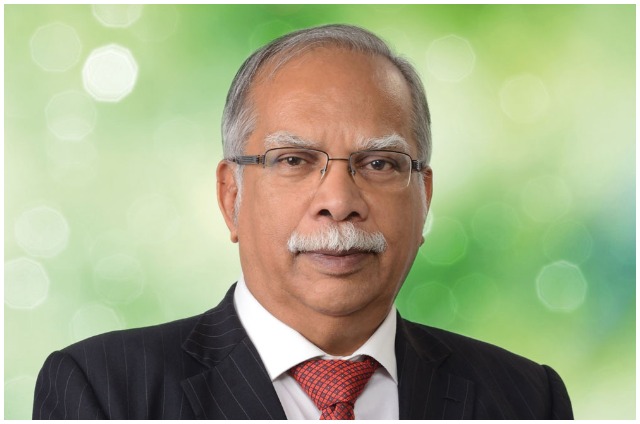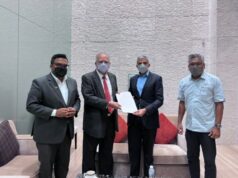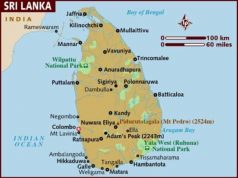

1, Sirisena is a former government minister who deserted Rajapaksa and changed sides to become the Opposition’s candidate in November. He vowed to root out corruption and bring constitutional reforms to weaken the power of the presidency.
2, Sirisena is popular among Sri Lanka’s Sinhalese Buddhist majority, who account for 70 percent of the island’s 21-million population.
3, Sirisena was acting defence minister when the war against the LTTE climaxed in 2009.
4, Sirisena was also a soft target for LTTE rebels during the height of fighting and reports suggest the separatists may have tried to assassinate him on at least five occasions.
5, Sirisena was just 16 when he first took on the establishment, joining an anti-government rally organised by a Communist party that ended within minutes as police waded in. He ran for safety through the unknown streets of the capital, Colombo, before taking an overnight train to his village.
6, Sirisena is farmer-turned-politician who became a rallying point for disaffected Sri Lankans. He rejected Rajapaksa’s accusation of backstabbing, promising to “end the Rajapakse family rule”.
7, Sirisena was jailed for 15 months in 1971 for alleged involvement in an insurrection led by Marxists, and was arrested eight years later for organising a public protest.
8, Sirirsena, the son of a World War II veteran, studied at Maxim Gorky Literature Institute in the erstwhile USSR.
9, After joining mainstream politics, Sirisena was offered the prime minister’s post by Rajapaksa’s predecessor Chandrika Kumaratunga but he refused.
10, Sirisena has pledged to deal with war-crimes allegations through an independent mechanism, establish independent commissions to secure the impartiality of the judiciary, police and other public services, and crack down on corruption.










